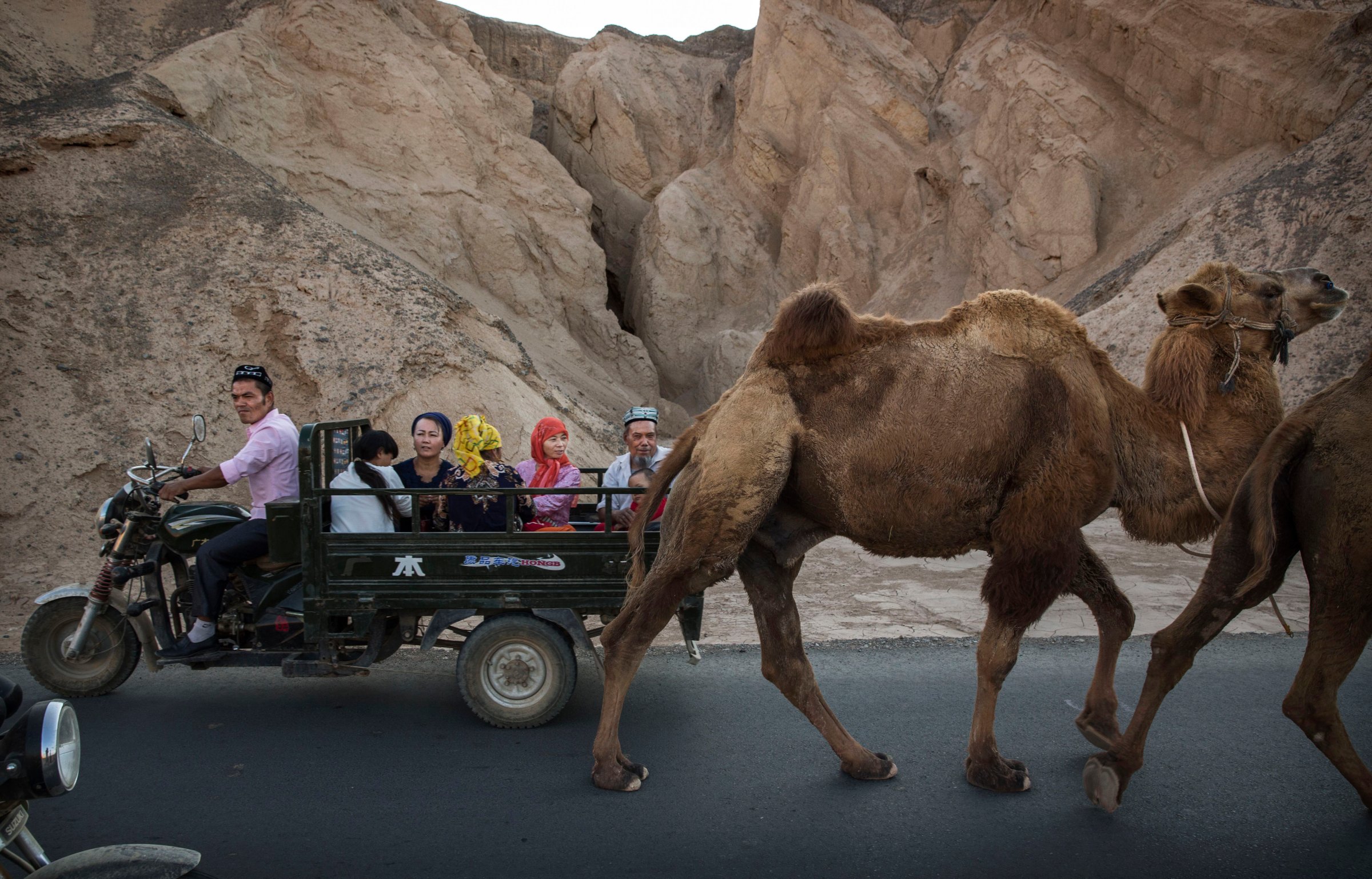
The Chinese government is requiring all residents of the Xinjiang Uighur Autonomous Region in the country’s northwest to hand their passports over to police, the latest restriction on movement in the restive region.
The Global Times, a state-controlled newspaper, reported Thursday that the “passport-management policy” is being implemented across the entire autonomous region, and requires all citizens to turn in the documents and apply for permission if they wish to leave the country.
According to Human Rights Watch, the passport recall policy has been in place since at least late October, and strikes alarming similarities to a so-called “two-tier travel” system implemented in Tibet. Both policies have been viewed as arbitrary measures meant to restrict the freedom of minorities in outlying regions where much of the population rejects belonging to China.
Officials cited by the Global Times, on condition of anonymity, insisted the move is meant to maintain public order amid what the government said was a rising threat of terrorism in the resource-rich region that borders Central Asia. Xinjiang is home to some 10 million Uighur Muslims, many of whom have agitated against what they say is decades of discrimination such as controls on their religion and culture.
A number of deadly attacks in western China have been attributed to Uighur separatists, such as a 2014 knife attack at a train station in the city of Kunming that killed dozens of civilians and injured about 130 others. The Chinese government has responded to the violence with ongoing counterterrorism and security operations.
The Global Times reports that the new passport policy “will not affect ordinary people’s travel plans,” and would only serve to keep criminals or people with “suspicious records” from going abroad. Rights advocates, however, say the policy is discriminatory, leaving innocent citizens vulnerable to exploitation and risks exacerbating tensions.
“Chinese authorities have given no credible reason for taking away people’s passports, violating their right to freedom of movement,” HRW’s China director Sophie Richardson said in a recent statement. “Doing so across an entire region is a form of collective punishment and fuels resentment toward the government in a region where tensions are high.”
More Must-Reads from TIME
- Cybersecurity Experts Are Sounding the Alarm on DOGE
- Meet the 2025 Women of the Year
- The Harsh Truth About Disability Inclusion
- Why Do More Young Adults Have Cancer?
- Colman Domingo Leads With Radical Love
- How to Get Better at Doing Things Alone
- Michelle Zauner Stares Down the Darkness
Contact us at letters@time.com